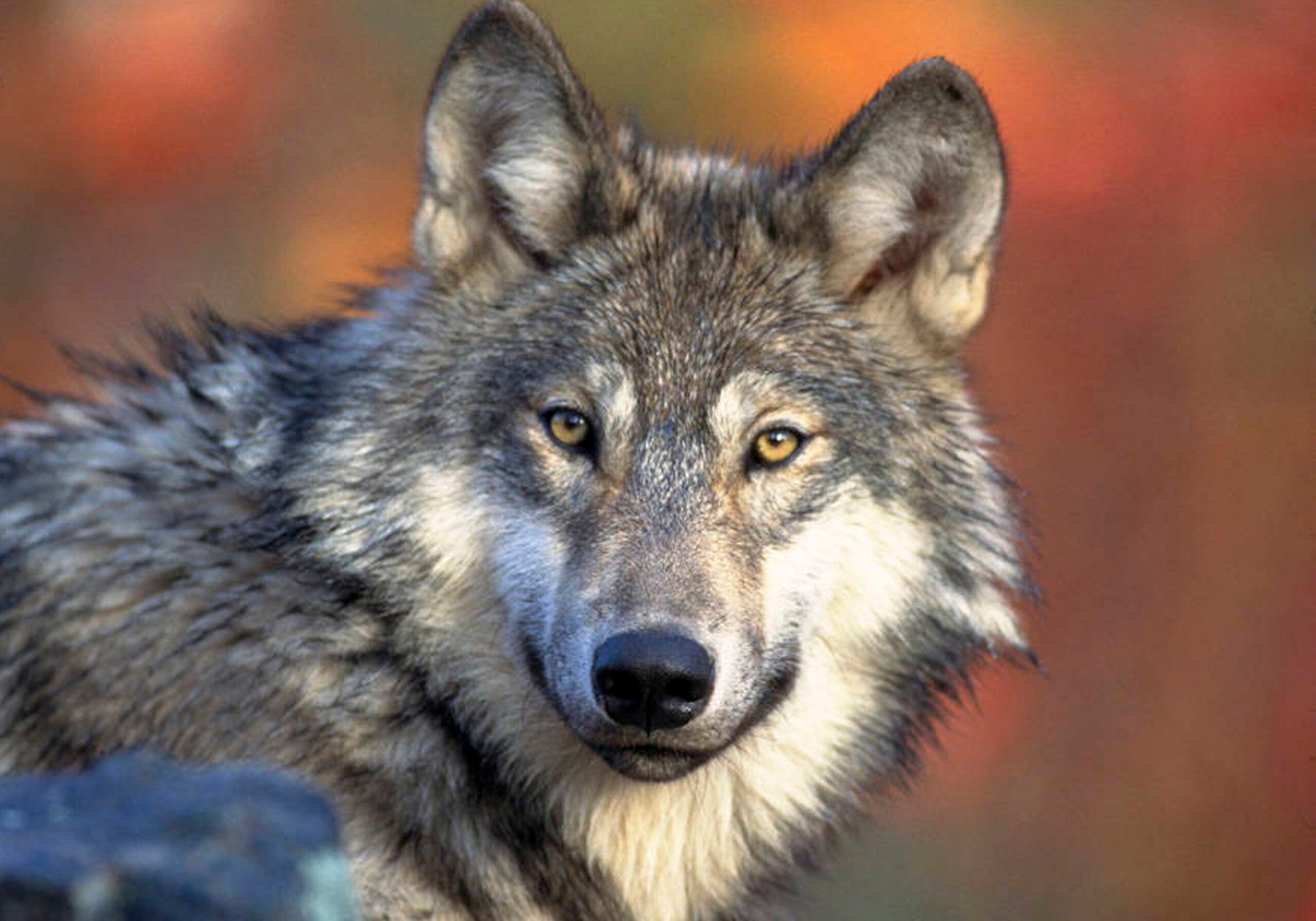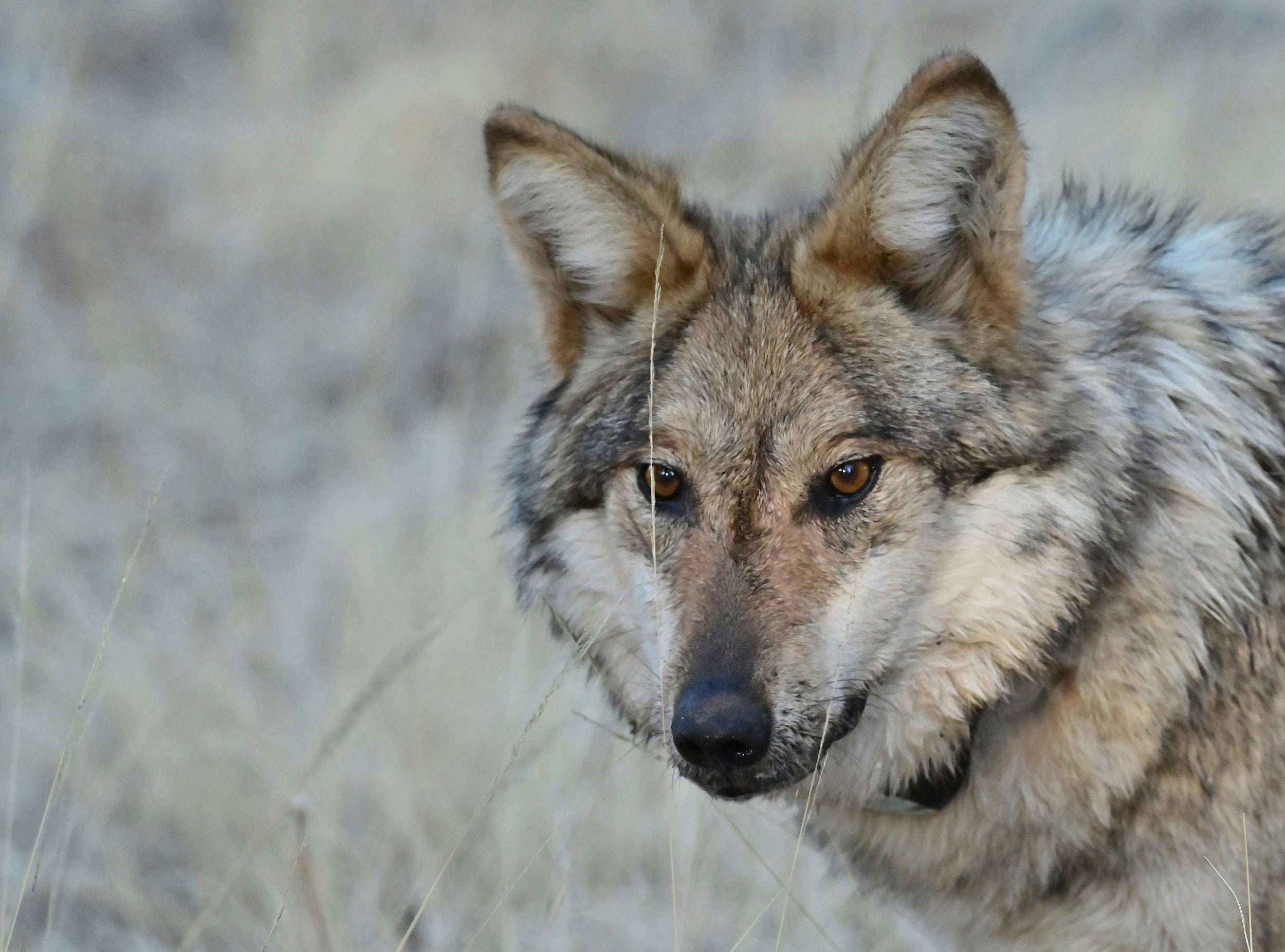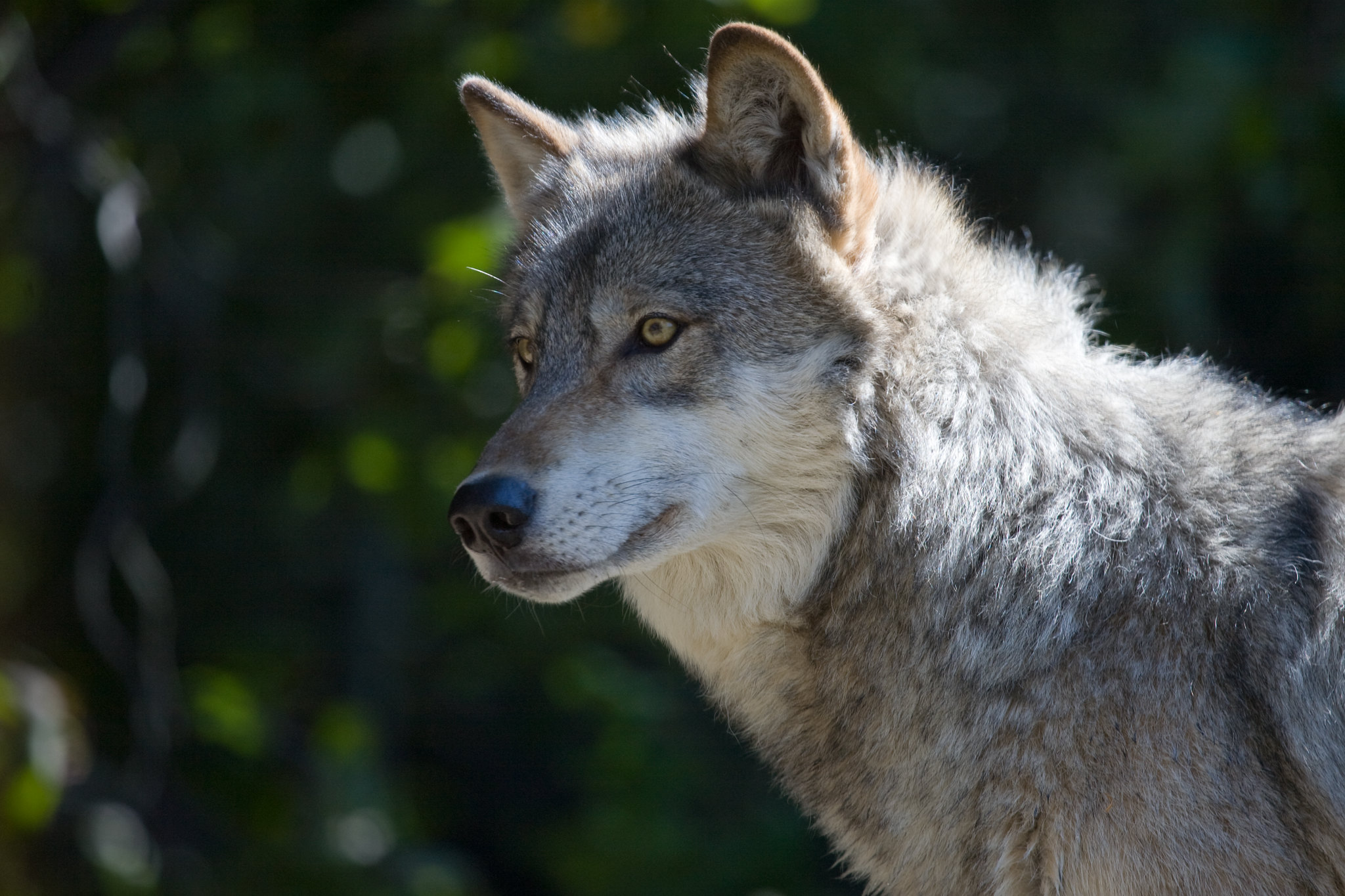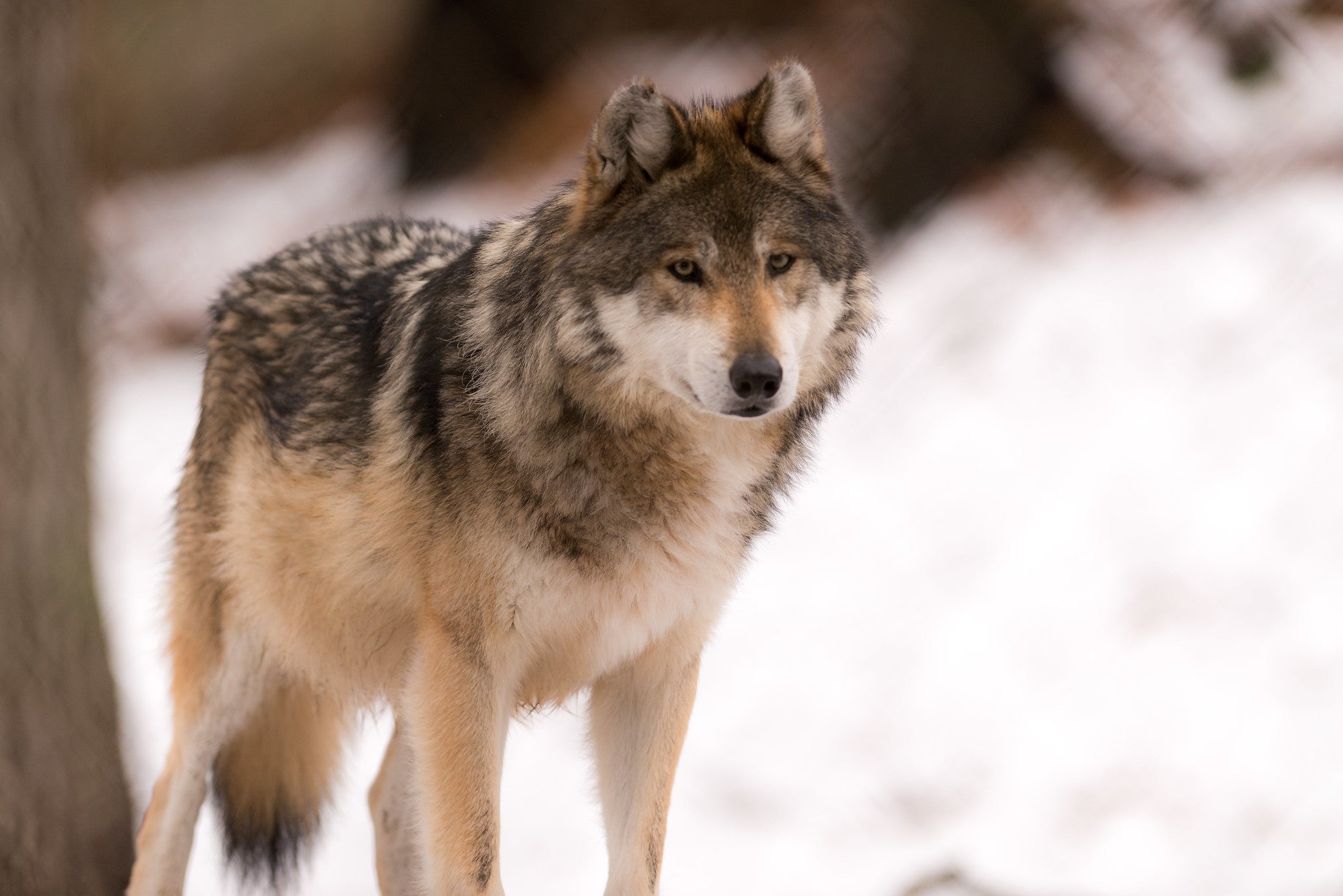Advocates for state management of gray wolves will converge Thursday in northern Wisconsin for the Great Lakes Wolf Summit with the goal of urging the U.S. Congress to remove wolves from the endangered species list so they can be hunted.
The summit, sponsored by state Sen. Tom Tiffany, R-Hazelhurst, and state Rep. Adam Jarchow, R-Balsam Lake, will be a day-long meeting of advocates from Michigan, Wisconsin and Minnesota who want states to set wolf population goals through hunting.
In 2014, a federal judge re-listed the wolf as an endangered species, ending Wisconsin’s wolf hunts, which began in 2012. Since 2014, the state’s wolf population has grown too big and threatens livestock and pets, Jarchow said.
News with a little more humanity
WPR’s “Wisconsin Today” newsletter keeps you connected to the state you love without feeling overwhelmed. No paywall. No agenda. No corporate filter.
“We have to manage it in a proper way, and we’re just not being allowed to do it today, and it’s causing serious havoc,” Jarchow said.
Speakers at the summit in Cumberland will include local government officials from the Great Lakes region, Wisconsin Department of Natural Resources Deputy Secretary Kurt Thiede and keynote speaker Ted Lyon, a trial lawyer and former Texas state lawmaker who was involved in the fight to remove wolves in western states from the endangered species.
“I think when you bring together a bipartisan group of folks from Michigan, Minnesota and Wisconsin who are all saying the same thing on the same page, it’s really hard to ignore that, even for a congress that seems to ignore everything that the people want,” Jarchow said.
A statement from the Humane Society said the summit ignores benefits brought by wolves and is aimed at promoting myths and stocking fears about wolves. According to the DNR, 195 livestock, hunting dogs and pets have been reported killed by wolves this year with more than $200,000 in wolf depredation payments going to farmers and hunters, the second highest payout in state history.
Wisconsin Public Radio, © Copyright 2025, Board of Regents of the University of Wisconsin System and Wisconsin Educational Communications Board.






